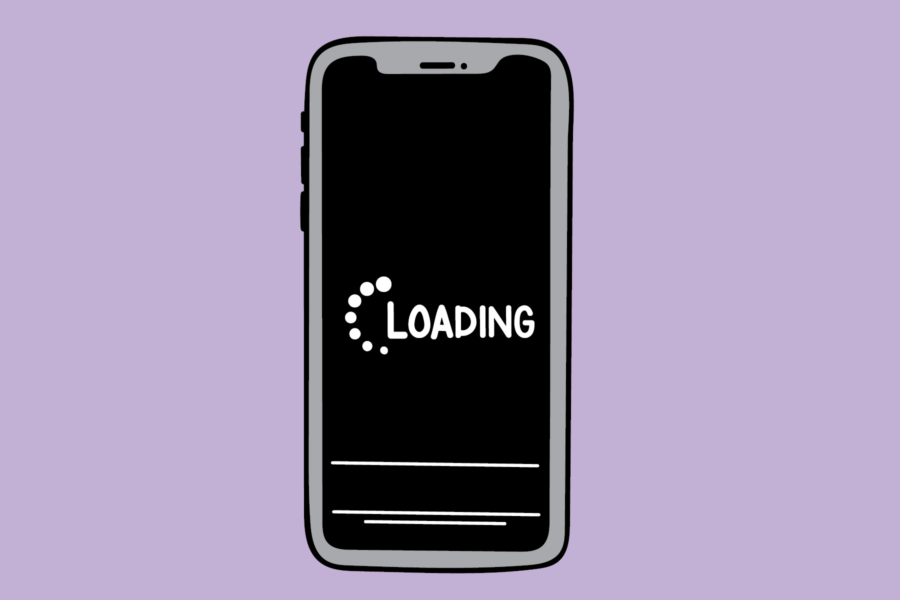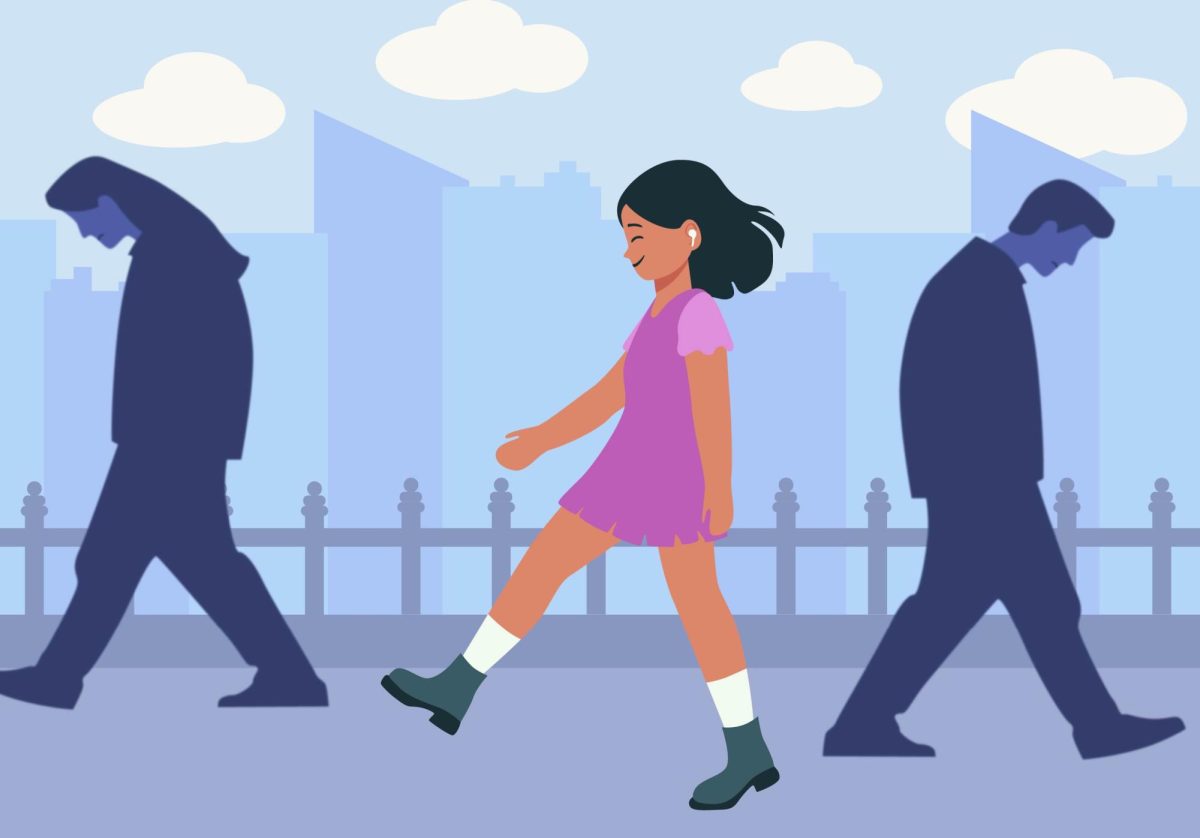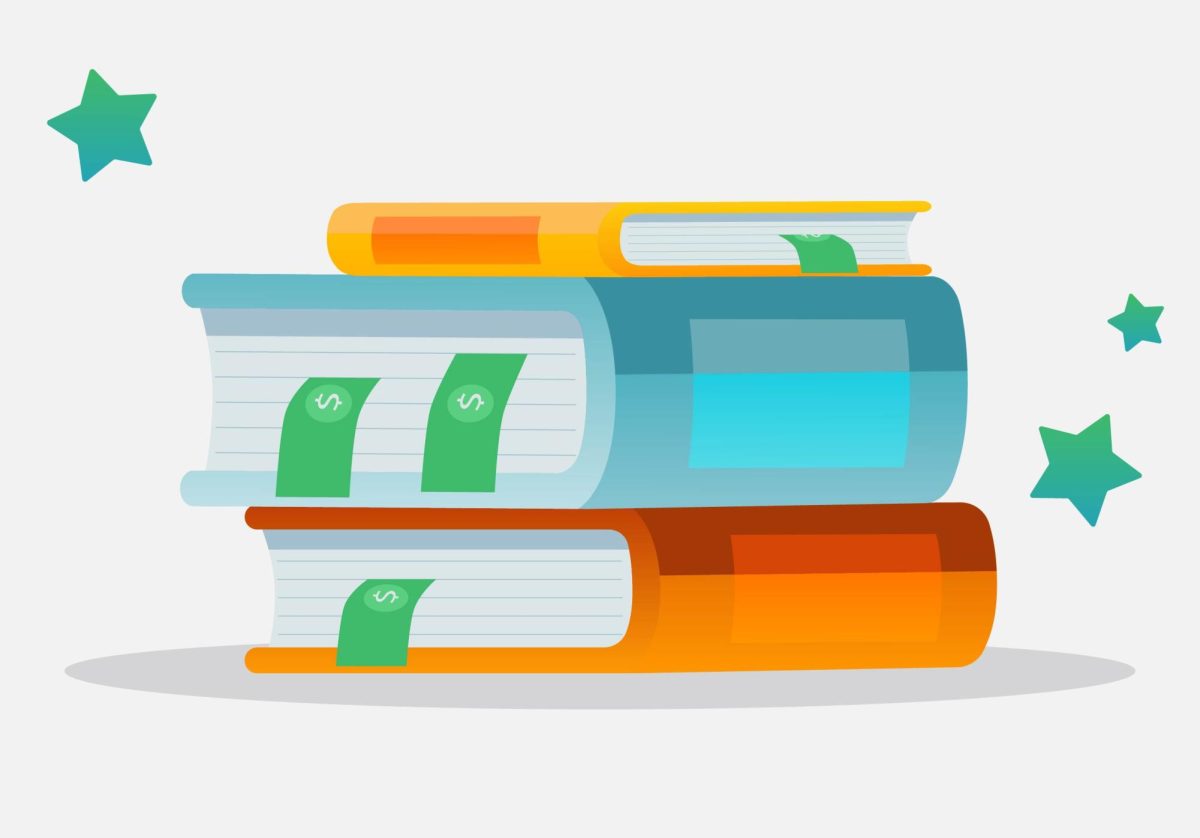Like many users, I downloaded TikTok in March 2020.
Almost everyone I know spent most of the early pandemic on social media. At first, TikTok was a source of human connection and commiseration during a traumatic experience. It quickly became a cultural must-have, up there with other social media giants.
I was a heavy social media user before the pandemic. After two years of living almost exclusively online, though, TikTok had taken its toll on me.
I couldn’t sit through a movie without my phone, much less pick up a book for more than a few minutes. I would watch 10-second videos for five or six hours straight. TikTok was my main source of news, mostly via doomscrolling that only exacerbated my anxieties. My hands began to ache from the repetitive motion of scrolling. My vision got worse.
“I was really against having any social media because I was scared of being so dragged into it,” said second-year Dante Rocío. “I was scared of losing my time, and … people, from what I saw, were just using social media just to show off stuff like ‘What I ate today, who I talked to, what I was doing,’ and stuff, and I wasn’t interested in that.”
Rocío eventually began downloading messaging apps to keep up with his classmates and teachers who used them to coordinate schoolwork. He also began to connect with activist groups and projects outside of school using apps like Slack or Signal.
“When I came to the U.S., I started having Instagram,” Rocío said. “Before I came to the U.S., almost everything was on Facebook. Some people were even having the opinion that if you don’t have Facebook, you don’t exist. When I came to the U.S. I noticed that I can’t do almost anything with Facebook.”
Even though he has joined more social media platforms, Rocío remains wary of its effect on his life.
“I think there can be a lot of toxic talk on social media. Let’s say you post a post on anything and you can immediately have questions or prying or maybe some hate or toxic stuff for even, sometimes, any reason,” Rocío said. “I think that’s something that is needed to watch out for. I, nowadays, for example, almost never look into comment sections anymore.”
I don’t argue that social media is universally bad. As Rocío noted, individual platforms are essential to the different tasks and communities we participate in. It is down to each of us to assess the impact of social media on our lives and determine for ourselves when that impact has gone too far. But that decision requires intentionality and awareness, skills I felt TikTok was eroding.
I comforted myself with the knowledge that I could fact-check anything I saw or close TikTok for an afternoon if I wanted to. I rarely did either. TikTok, with its visual elements, endless feed and talented content creators, increasingly felt as important as the real world. Many people treated it as if others on the app were their friends or community members, rather than complete strangers.
I started looking for options. My first instinct was to go nuclear: how could I get as logged off as possible? I googled ways to get rid of my smartphone completely. I could go back to printing MapQuest instructions before traveling anywhere new. I could get a landline and twirl the cord as I called my friends. I could dig up my mother’s old pager from the early 2000s.
There were other, more moderate solutions. One college student went viral on TikTok after posting about leaving her smartphone at home when she and her friends went out. Instead, they each carried flip phones.
“We realized that every single problem we have on a night out — everything that leads to us crying, everything that leads to us having a bad hookup, everything that leads to us having a bad time — stems from us having our phones when we’re out,” the creator, under the handle @skzzolno, said on TikTok in March 2022.
In the end, I kept my iPhone. But I still wanted to make a change.
In January of this year, I deleted all social media apps on my phone and signed out of each one on my computer. TikTok was the last app to go and the hardest one to go through with.
I had put off deleting the app because I was scared of losing my drafts and saved videos. The drafts felt like an archive of my pandemic experience. TikTok drafts are saved locally to the phone they are made on, so they would disappear when I deleted the app. In my saved videos, I had a bounty of recipes, life advice, jokes, workouts and product recommendations. Surely I would need them as I embarked on my post-digital life.
So, I set aside a week to finally delete TikTok. In several different sessions, to give my aging iPhone time to recover, I downloaded every single draft video onto my phone. There were more than 70.
I had hundreds of saved videos, so downloading them was not an option. Instead, I sat down with a notebook and scrolled through each TikTok. Every time there was something I wanted to save, I wrote it down. If I really, truly felt like I needed to, I downloaded the video.
After nearly four hours, I had twelve pages of handwritten information. Months later, I rarely refer to this content. The only video I saved during this time that I still rewatch is a video tutorial on hand exercises to prevent carpal tunnel.
Writing it all down helped me say goodbye to the app and its hold on my life, which had felt essential to surviving the pandemic in 2020 and 2021. I accepted that I would be fine without it.
I’m still not on TikTok. I’m not on any of the major social media sites. I even deleted my GroupMe and switched to WhatsApp. My profiles still exist, but I don’t open or check them. My friends who have fled Twitter keep offering me Bluesky codes. I decline with thanks.
Maybe I will redownload my social media in the future. In the meantime, I encourage readers to reflect on the hold that TikTok and other apps have on us and our society. What would taking a break do to your life, to your relationships?
For Rocío, social media ultimately has its uses.
“There are a few things I want to polish in how I’m using [Instagram] and how much, but I find that if you know how you want to use it, it can be kind of helpful, especially, you know, for news that’s happening on campus,” he said. “Like, I have a friend who doesn’t have Instagram here and almost every major event that I was talking about that wasn’t talked about in the servers on Discord that she was on, she didn’t know about it. So there would be quite a lot of things that I would be missing out on.”
Even so, Rocío does not have a TikTok.
“I never had a situation that asked me, that needed me to have TikTok,” he said.














